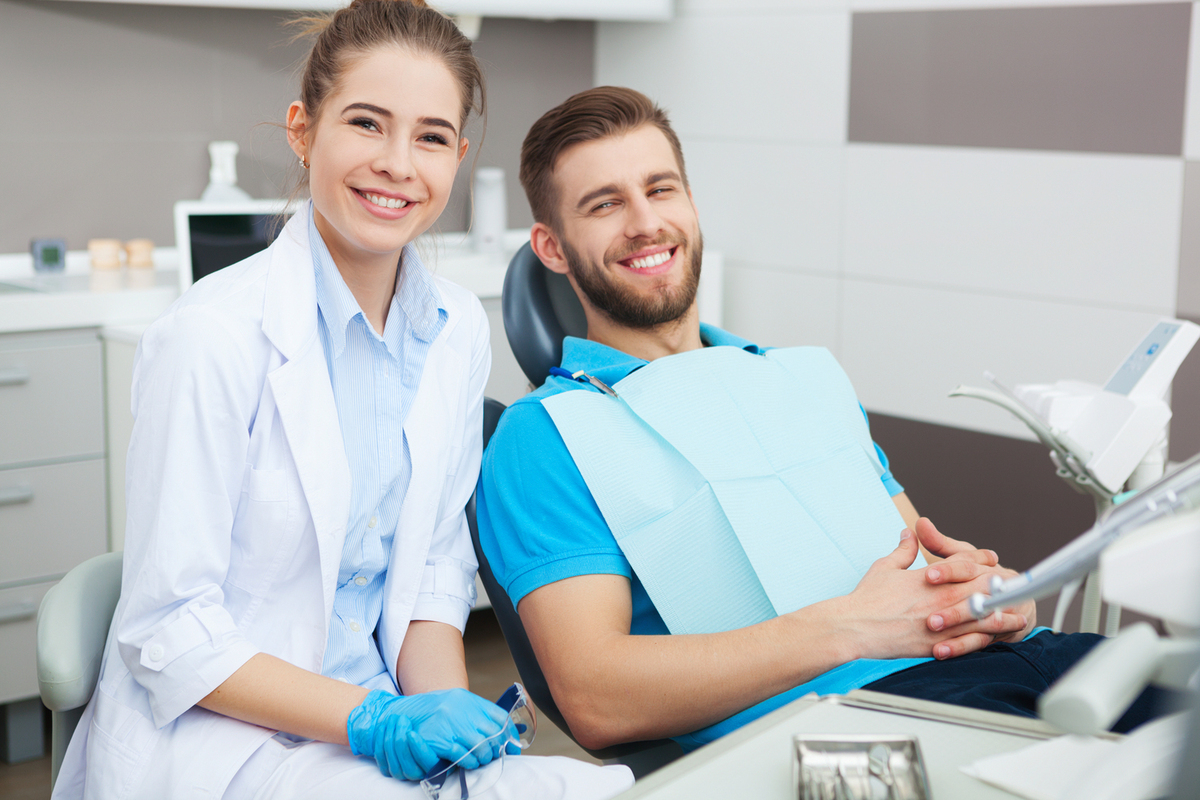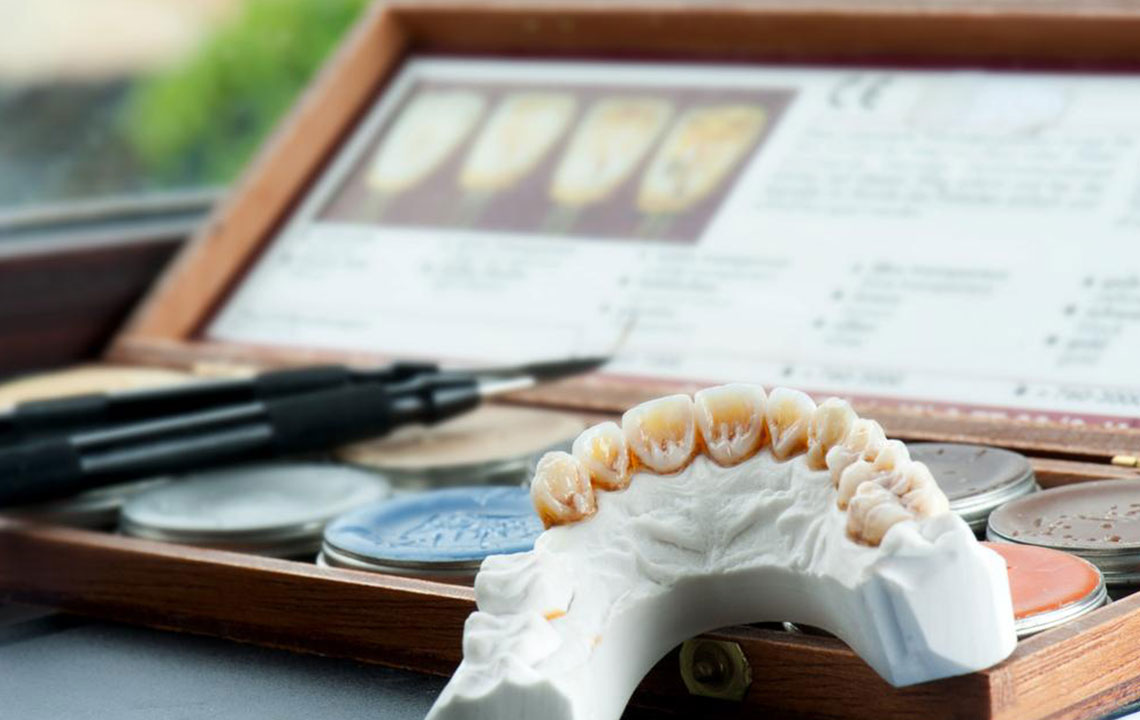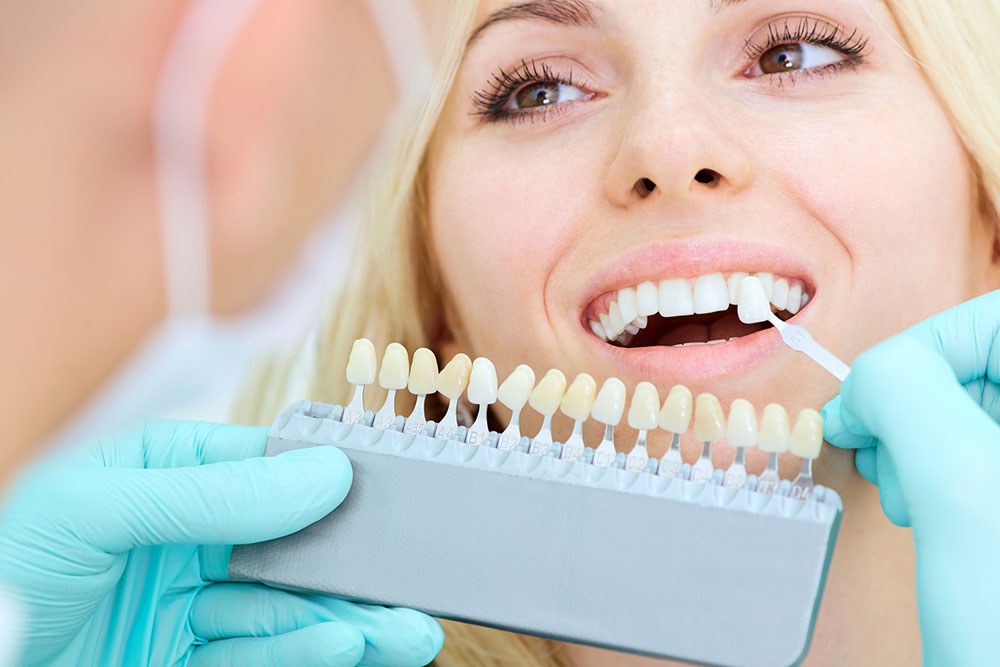Comprehensive Guide to Factors That Affect Dental Implant Costs
This comprehensive guide explores the many factors influencing dental implant costs, including the number of missing teeth, preparatory treatments, implant types, the experience of dental professionals, and additional procedures. Understanding these variables helps patients plan their dental health investments wisely. The article emphasizes the importance of expert care, advanced technology, and long-term benefits of dental implants, making it a valuable resource for anyone considering this permanent solution for tooth replacement.

Understanding the Main Factors That Influence Dental Implant Pricing
Achieving a radiant, healthy smile is a goal for many individuals, and modern dental solutions like dental implants have revolutionized tooth replacement options. Dental implants are a highly effective and durable solution for replacing missing or damaged teeth, providing both functional and aesthetic benefits. These implants, usually crafted from biocompatible titanium, are surgically embedded into the jawbone, acting as artificial roots. Once securely integrated, a prosthetic tooth—such as a crown, bridge, or dentures—is attached atop the implant to restore normal biting, speaking, and smile appearance, while also maintaining jawbone structure and overall oral health.
Factors That Impact Dental Implant Costs
The total cost of dental implant procedures can vary significantly depending on several critical factors. Understanding these variables helps patients anticipate expenses and make informed decisions about their dental health treatment options. The main determinants of the cost include the number of teeth requiring replacement, the complexity of the surgical and restorative procedures involved, the experience and location of the dental professional performing the work, and additional preparatory treatments that may be necessary to ensure optimal implant stability and longevity.
1. Number of Implants Needed
The scope of the dental implant process largely hinges on how many teeth are missing or require replacement. Replacing a single tooth is generally less costly compared to restoring multiple teeth or an entire dental arch. For a single missing tooth, the process typically involves placing one implant, attaching an abutment, and affixing a crown, which might cost between £1,000 and £3,000 per tooth, depending on various factors like the implant brand, material, and the complexity of the case. When multiple teeth need to be replaced, the cost increases accordingly but often benefits from some economies of scale if multiple implants or support structures are placed simultaneously.
2. Preoperative and Preparatory Treatments
While dental implant surgery can often be performed in outpatient clinics, certain preparatory procedures can significantly influence the total cost. If the jawbone has insufficient density or volume to support implants, bone grafting or sinus lifts might be necessary, which adds to the expense. Periodontal treatments may also be needed to address gum disease prior to implant placement. Advanced imaging techniques such as cone-beam computed tomography (CBCT) scans enable precise assessment of bone quality and quantity, helping plan the implantation with high accuracy. These preparatory treatments ensure the longevity of implants but can elevate the overall cost of the procedure.
3. Types of Implants and Placement Procedures
Single Tooth Implants
Standard single-tooth implants usually range between £1,000 and £3,000 per implant, including the prosthetic crown. The process involves several stages, including surgical placement, osseointegration (the implant integrating with the jawbone), and final crown attachment, typically over a period of about 12 weeks. Some clinics might offer discounts for patients requiring multiple implants, which can further reduce costs per implant. The materials and brand of the implant, along with the laboratory fees for custom crowns, will also impact total expenses.
Implant-Supported Bridges
For restoring several consecutive teeth, implant-supported bridges are often preferred. These bridges are anchored onto multiple implants, providing a stable and permanent replacement solution. For example, a four-tooth implant-supported bridge on one arch can cost around £10,000. This method is more cost-effective than placing individual implants for each missing tooth and offers better function and aesthetics compared to removable dentures.
Full Mouth Implants
Complete arch restorations, such as All-on-4 or All-on-Six implant techniques, can replace an entire set of upper and/or lower teeth. These procedures are more complex but provide a comprehensive solution for those with extensive tooth loss. The cost for full-mouth implants typically ranges from £30,000 to £50,000 or higher, depending on the number of implants used, the type of prosthesis, and the materials selected. These approaches often involve staged surgeries and the use of special implant designs optimized for full-arch support.
Zygomatic Implants
For patients whose upper jaw has suffered significant bone loss, zygomatic implants represent an alternative approach. These implants anchor into the cheekbones (zygoma) rather than the maxillary bone, bypassing the need for extensive grafting. Due to their technical complexity, zygomatic implants are generally more expensive, with costs around £15,000 to £30,000 or more, depending on case specifics.
Same-Day Teeth Procedures
For individuals seeking immediate results, same-day implant procedures—sometimes called "Teeth-in-a-Day"—offer the advantage of placing implants and attaching temporary or permanent prostheses in a single session. While this approach provides rapid aesthetic and functional restoration, it comes at a premium, with costs ranging from £10,000 to over £20,000 for full-arch cases. The success of these procedures hinges on the clinician’s expertise and the patient’s oral health status.
Implants for Denture Stabilization
For denture wearers, implants can be used to stabilize and secure removable dentures, significantly increasing comfort and biting force. These implant-retained overdentures can be a cost-effective alternative to full arch reconstructions, typically costing between £3,000 and £8,000 per arch, including the implant placement and overdenture fabrication. Patients benefit from improved stability, chewing efficiency, and confidence during daily activities.
Guided Implant Surgery
Advanced planning technologies, such as guided surgery using 3D imaging and computer-aided design (CAD/CAM), enhance the precision of implant placement. These techniques increase the chances of implant success, reduce surgical trauma, and shorten recovery times. However, they also contribute to higher costs, with prices potentially adding several hundred to a few thousand pounds to the overall procedure.
4. Experience and Location of the Dental Specialist
The experience level of the dental surgeon and their specialization significantly impact the cost. Seasoned implantologists with extensive training and a high success rate may charge higher fees, reflecting their expertise. Geographic location also influences prices; urban centers and regions with a higher cost of living tend to have more expensive treatments. For instance, consultation fees in Leeds might start at approximately £120-150, while clinics in London or other major cities could charge more. Prospective patients should also consider options such as dental schools or training clinics, which may offer quality treatments at reduced rates.
5. Additional Costs and Considerations
Beyond the basic placement of implants, patients may want to consider cosmetic enhancements like premium crowns, veneers, or contouring, which can add to the overall expense. Orthodontic treatments such as braces or aligners might also be integrated into the plan for optimal alignment and function, further increasing total costs. Despite the initial investment, dental implants are known for their durability and longevity—they often last a lifetime with proper care. Over the long term, they prove to be more cost-effective than conventional bridges or dentures that may require frequent replacements or adjustments. Quality materials, experienced professionals, and advanced technology contribute to successful, lasting outcomes.





